Azərbaycan Respublikası Nazirlər Kabineti yanında Operativ Qərargahın məlumatı
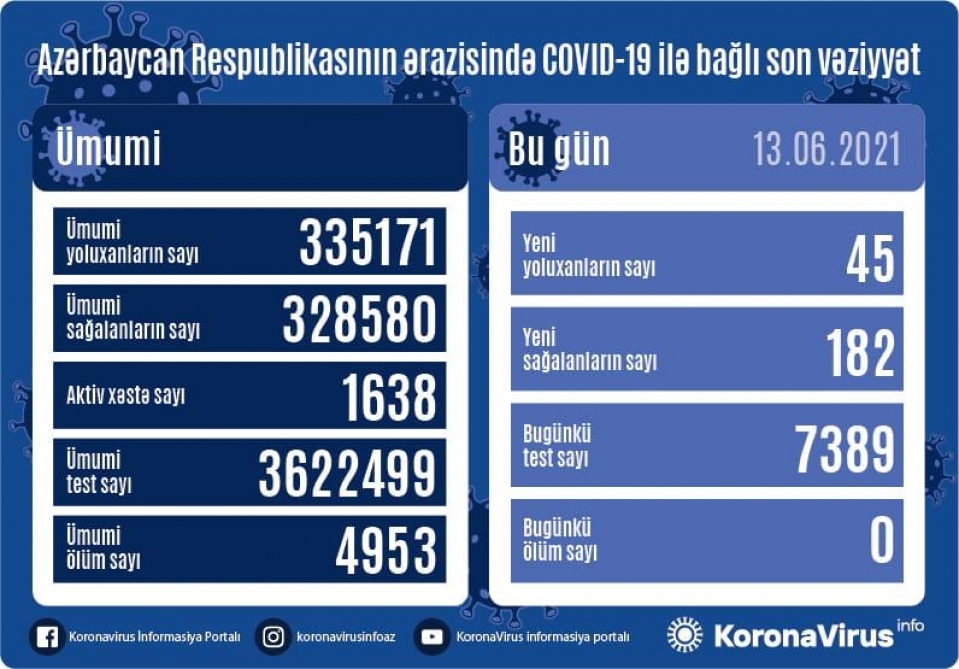
Azərbaycan Respublikasında koronavirus infeksiyasından daha 182 nəfər müalicə olunaraq sağalıb, 45 yeni yoluxma faktı qeydə alınıb.

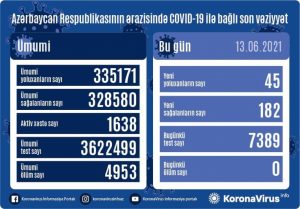

Azərbaycan Respublikasında koronavirus infeksiyasından daha 182 nəfər müalicə olunaraq sağalıb, 45 yeni yoluxma faktı qeydə alınıb.
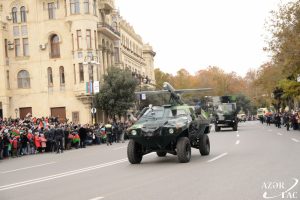
Bu gün Bakının Azadlıq meydanında Vətən müharibəsində Qələbəyə həsr olunmuş Zəfər paradı paytaxt sakinlərinin böyük marağına səbəb olub.
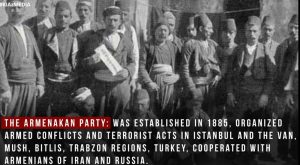
İnformasiya müharibəsində iştirakçı edən “Karabakh is Azerbaijan!” Milli Platformasının fəaliyyət istiqamətlərindən biri də araşdırma sahəsidir. Platforma müxtəlif ölkələrdəki erməni terror təşkilatları haqqında məlumatlardan ibarət olan video yayıb.
Azərbaycan Respublikası Milli Məclisinin Sədri Sahibə Qafarova ilə ATƏT Parlament Assambleyasının prezidenti Georgi Tsreteli arasında telefon danışığı olub.
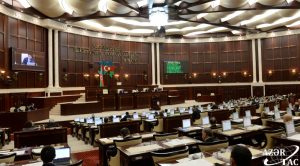
Avqustun 7-də Milli Məclisin növbədənkənar sessiyasının növbəti iclası keçirilib.
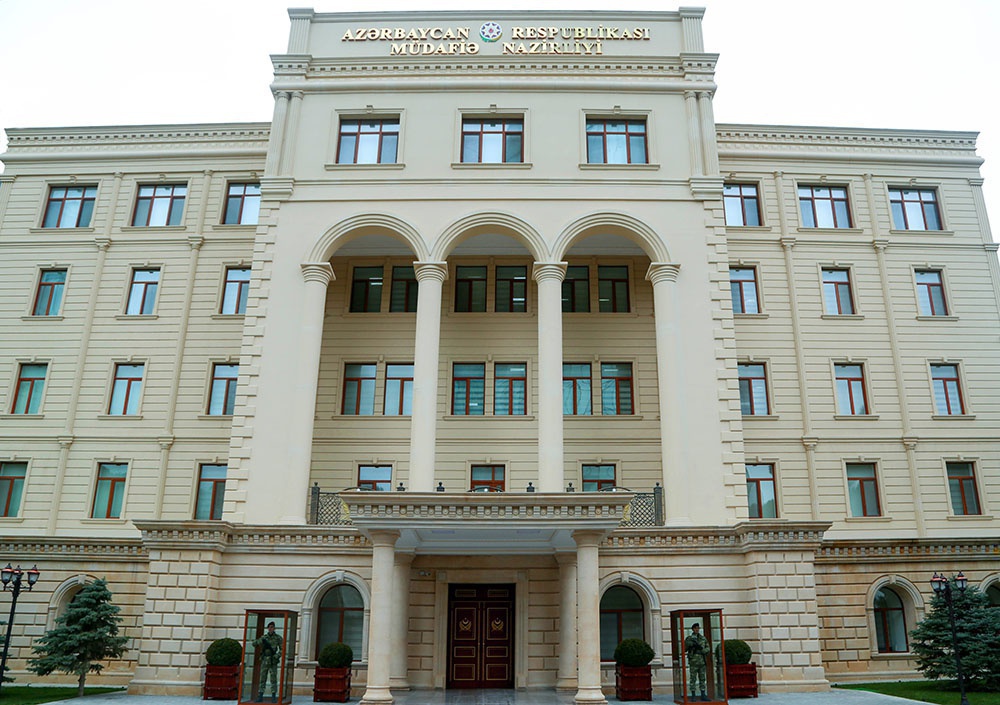
Azərbaycan Respublikasının Müdafiə naziri, general-polkovnik Zakir Həsənov Qurban bayramı münasibətilə Azərbaycan Ordusunun şəxsi heyətini təbrik edib.